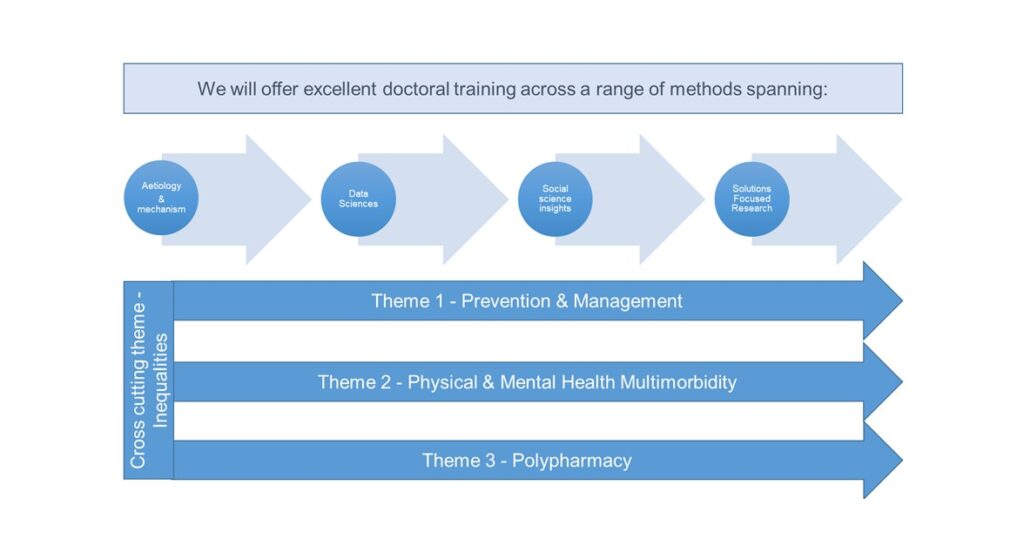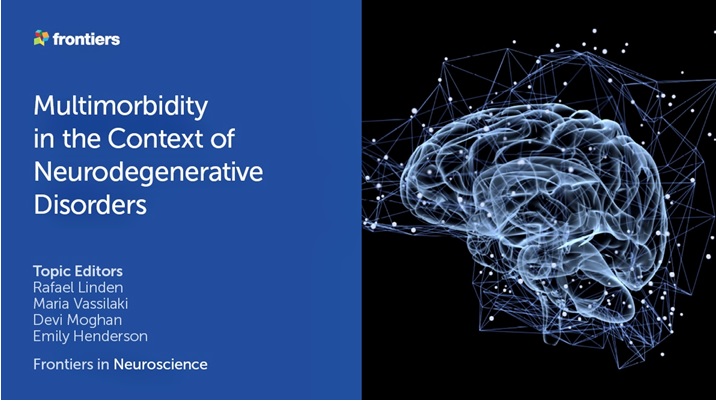By Barbara Nicholl and Bhautesh Jani

After 11 years of hosting the International Research Community on Multimorbidity, the Université de Sherbrooke has passed on the baton to the University of Glasgow. Led by Martin Fortin and colleagues, the website was started as a place to report on multimorbidity research taking place internationally. Since the inception in 2011, with only a small group of members, the international community and the amount of outstanding research in this field has grown dramatically. We want to continue to recognise this by sharing your news and events on multimorbidity research. The blog posts and updates of the library of multimorbidity literature will continue. We will have an archive of past blog posts coming soon and, in the meantime, the Université de Sherbrooke website will remain visible, please see the link on our new website. Please let us know via our email address (multimorbidityblog@glasgow.ac.uk) when you have news to share with this community or if you have ideas for the type of material you would like us to share.
We are very grateful to Martin Fortin and José Almirall-Collazo for sharing their knowledge and tips on the community onto us. Bhautesh Jani and Barbara Nicholl will lead the website at Glasgow and will strive to make it a shared space for the international community to share research activity on multimorbidity. We look forward to seeing some of you at the North American Primary Care Research Group annual meeting in November.
Please sign up to joint our mailing list here https://forms.office.com/r/QtNG3Vthvs








